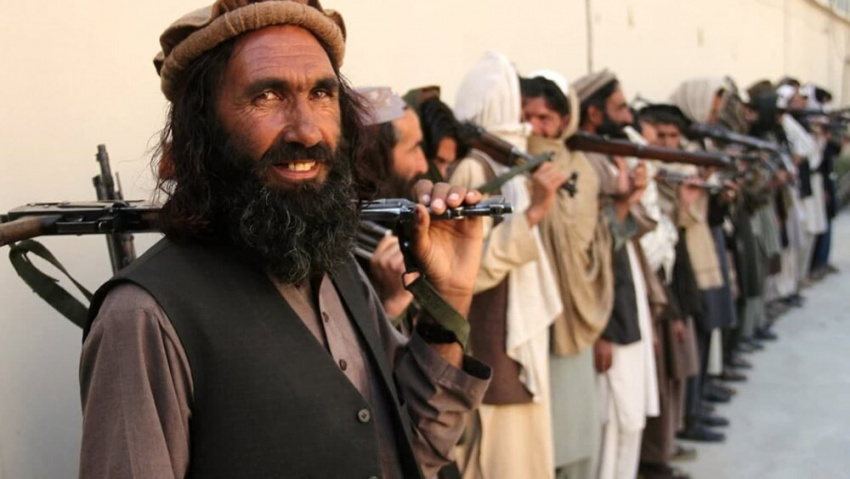Afghanistan: What to Expect

Two decades after being expelled from Kabul by a military campaign led by the United States, the Taliban have now returned to the capital of Afghanistan with more experience and lessons from its recent history.
Mullah Abdul Ghani Baradar, a Taliban co-founder and its number-two man, arrived in Kabul on Saturday as thousands of escaping Afghans gathered at Kabul airport in the hope of finding a way out of the war-torn country.
He had arrived in Afghanistan on Tuesday from Qatar, choosing to touch down in the country’s second-biggest city, Kandahar – the Taliban’s spiritual birthplace.
Baradar will meet militant commanders, former government leaders and policy makers, as well as religious scholars among others, a Taliban official told Reuters. His arrival marked the beginning of the Taliban’s efforts to form a government that is expected to fill the current vacuum emanating from the fleeing of the previous government’s high-ranking officials.
What the new government will look like is yet to be seen. The Taliban official told Reuters that the group planned to ready a new model for governing Afghanistan within the next few weeks, with separate teams to tackle internal security and financial issues.
“Experts from the former government will be brought in for crisis management,” he told Reuters.
The new government structure would not be a democracy by Western definitions, but “it will protect everyone's rights”, the official added.
The Taliban had a short-lived experience in governing Afghanistan in the 1990s. And after its downfall, it turned into a militant group mounting guerilla attacks on U.S. and Afghan forces. But militancy is different from governance. Whether they would succeed in ruling Afghanistan with all its ethnoreligious complexities remains an open question.
In the last few weeks since the beginning of their takeover of Afghanistan’s provincial capitals, the Taliban sought to present a more moderate face and assure the Afghan people that they would be able to run the country.
They also tried to maintain good relations with all of Afghanistan’s neighbors. Till now, there is no indication that the Taliban’s Afghanistan would be at odds with any of the country’s neighbors.
But over time the new government of Afghanistan may be cajoled by some regional states into siding with certain blocs against others. Sensing a potential opportunity in the rise of a Sunni-dominated government, these states may be tempted to exploit the new political dynamics in Afghanistan to score political goals with their archrivals. At the end of the day, in the politically polarized atmosphere of West Asia nothing is impossible.
In fact, some commentators in the region have already started to anticipate a devastating war between Iran and the Taliban-led Afghanistan, one that would be indirectly waged by great powers in another dirty “game of nations.”
“Many don’t believe that the Taliban’s victory was the result of misjudgment or a slip-up by the U.S. and Britain. It won’t be long before Iran enters a confrontation it would rather avoid at this time, pushing all the Shiite factions under its control to repel Taliban attacks and thereby igniting a war whose trajectory would be unknown,” wrote Huda al-Husseini in an opinion piece for the Saudi newspaper, Asharq Al Awsat. “The war would fragment its strength and ravage its entity, weakening it in the face of the countries that made the decision.”
Accusing Iran of pursuing the goal of reestablishing the “Persian empire,” the analyst said the war would put an end to this “dream”.
These allegations of Iran using Shiites groups to combat the Taliban came after Tehran strongly rejected any involvement in the war between the Taliban and the previous government of Afghanistan. The allegations were often made by Saudi commentators and experts.
One such allegation was made by a prominent Saudi Iran expert who falsely said that, during the Taliban’s advance toward Kabul, Iran had told the Afghan government that it was ready to use Fatemiyoun Brigade to defend the government against the Taliban, a claim that was strongly rejected by the Brigade.
These allegations were made with one purpose possibly in mind: souring the Iran-Taliban relations right from the start. Therefore, greater intuition and vigilance are required on the part of the Taliban to avoid falling into the trap that regional players could set for it.
Source: Tehran Times

